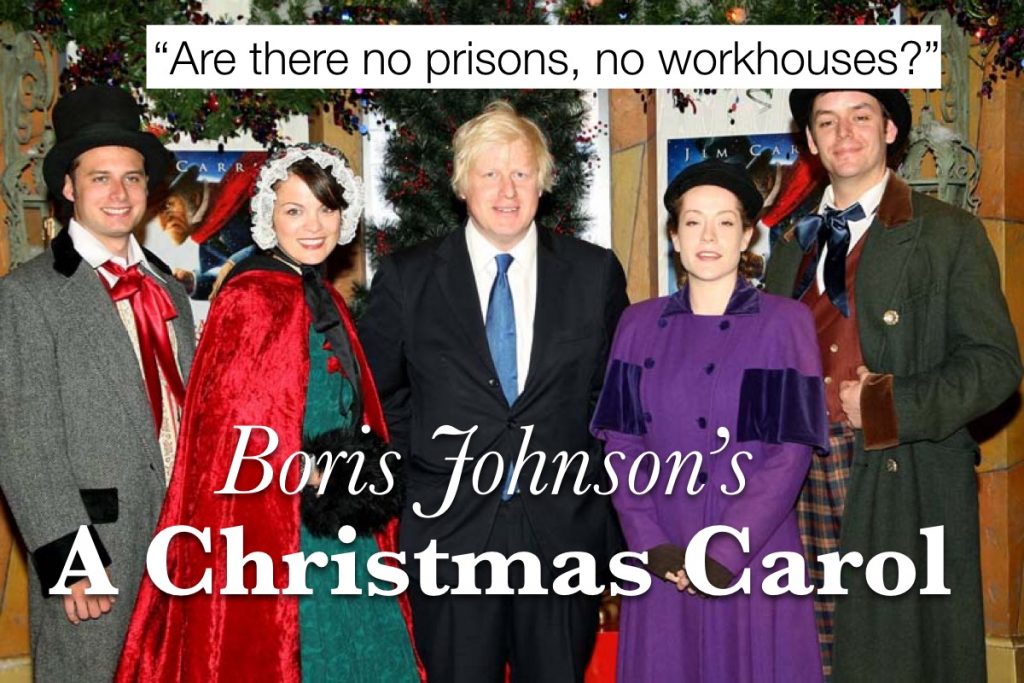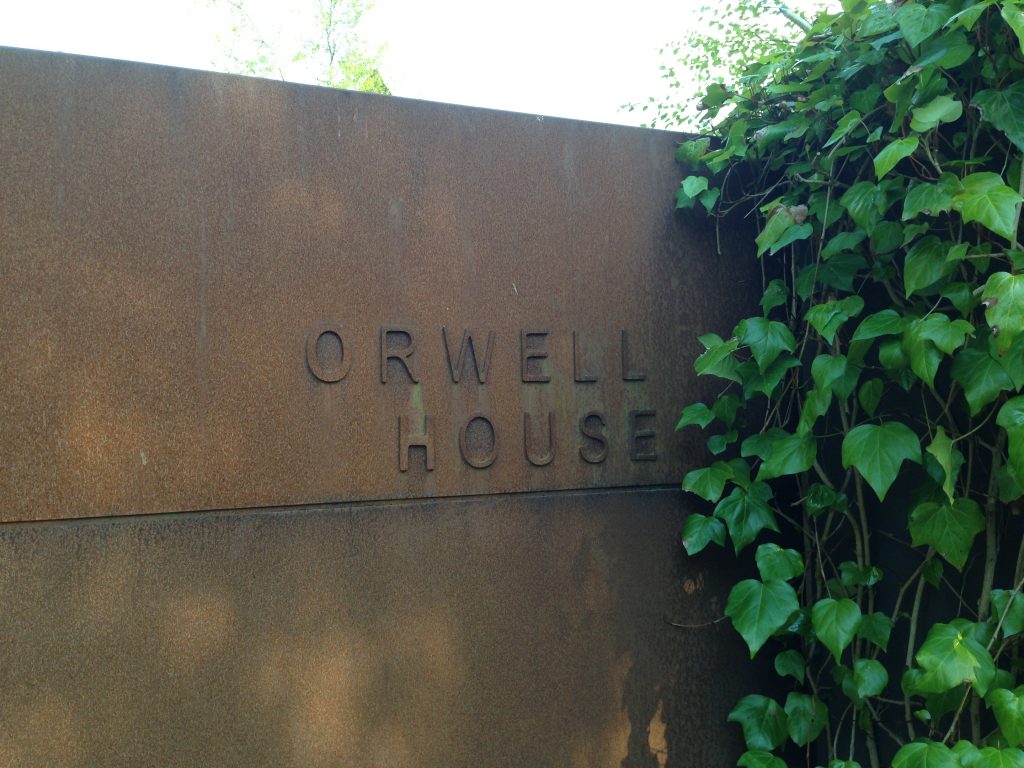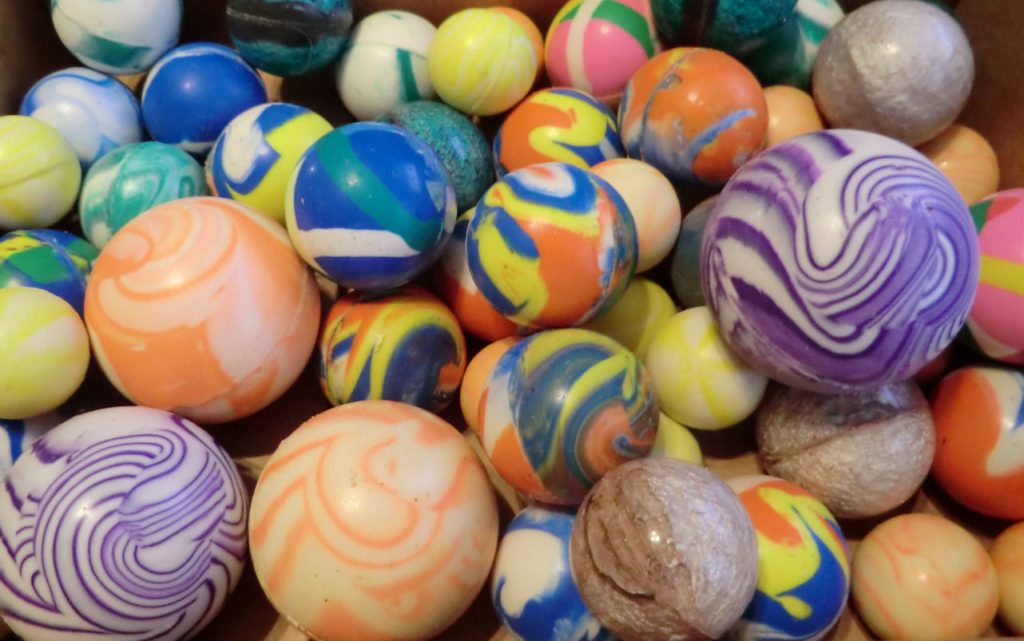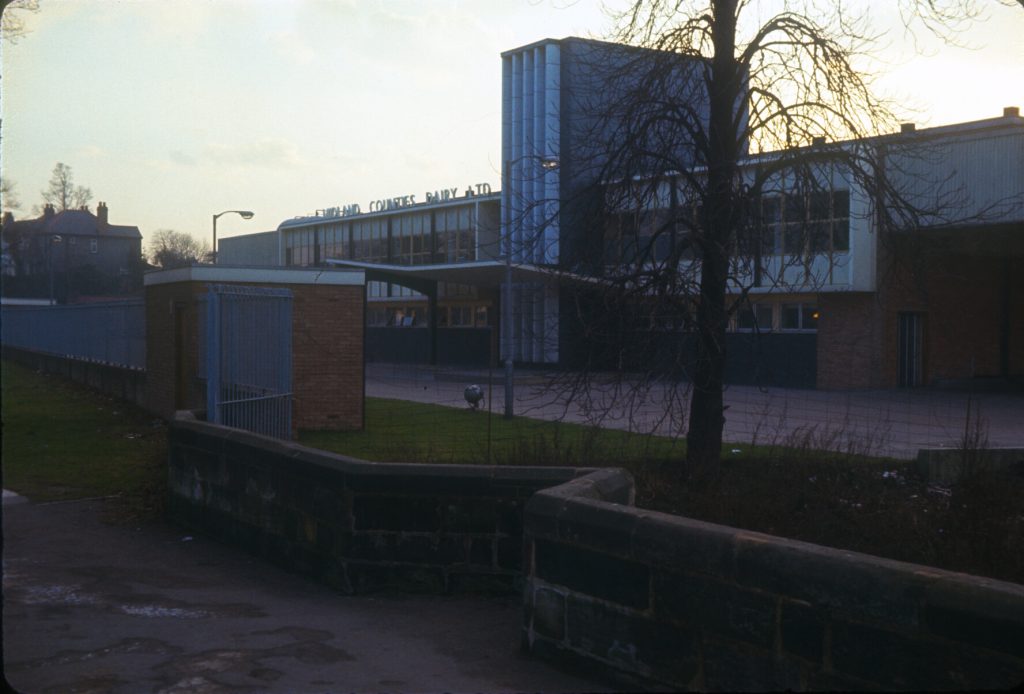Christopher Bealand’s new novel is out this week, it’s ‘a black comedy about love, loss, the death of dreams, failure, bad TV, bad jokes, brutalist buildings. And Birmingham.’ And we have an extract so you can see that for yourself…
“Belinda the main, but absent, character in The Wall in the Head says she has written a book about ”love and architecture” and this too is a book about love and a book about architecture – or at least our relationships to them both. More than that it’s a book about our connections to place and people, and how they shape our feelings and actions.
“It’s a love letter to brutalist buildings and the sheer hope for humanity with which they were built, it’s a love letter to the places that are left behind by trends and culture and Birmingham as a prime example of that. It’s also a love letter to the idea of love and laughter but far more classy than those words painted onto the living room wall of your new city centre flat.
“Christopher Beanland has written an incredibly funny and moving book set in a decaying version of our past hopes, and you’d be a fool to miss it.”
Jon Bounds
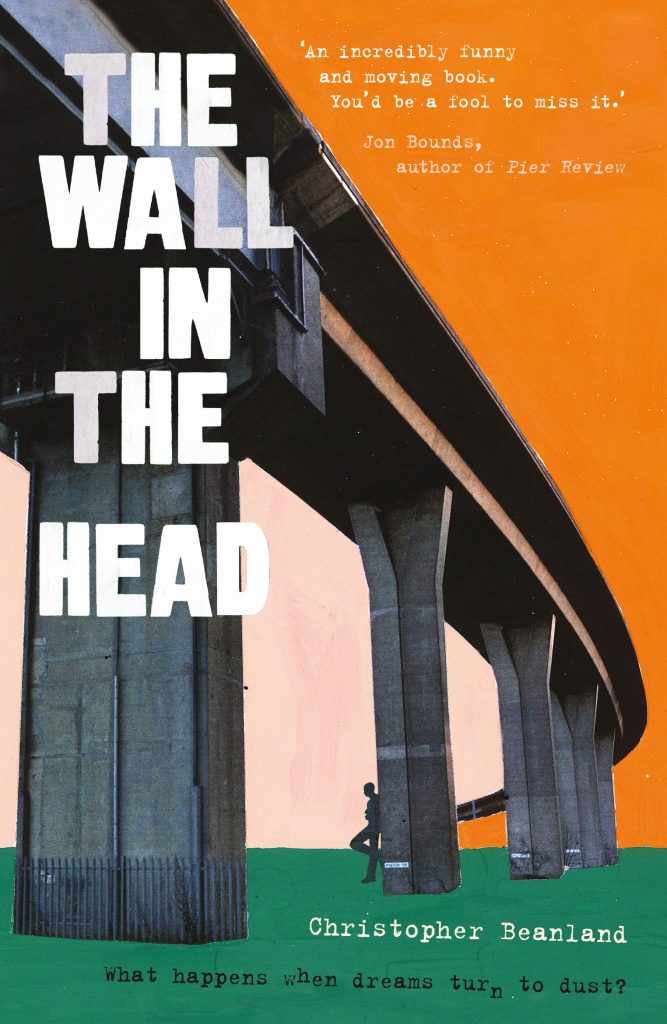
Buy The Wall in the Head here.
The Wall in the Head by Chistopher Beanland – Chapter Two
I yanked the fridge door and it opened with a surprised gasp. Inside, a fragile light flickered in the dark. The fridge was empty, wiped, it stank of surgery – I’d cleared it out this morning in anticipation of my death. I didn’t want to seem like a monster – no one needs the spike of rotting food in their nostrils when they’re clearing out a dead bloke’s house.
I went upstairs to my desk, looked out of the window at the caramel street lights of Moseley, at the trees swaying back and forth in the high winds. I flicked on the computer and started writing about what I’d done tonight, but the words didn’t come easily. Words hadn’t come easily since Belinda had to ruin everything. When I could manage no more I lay down on the bed, staring at the ceiling. Sleep hadn’t come easily either, but tonight it ate me up. The duvet enveloped me; my eyelids slid shut like they were greased. I succumbed to the darkness and the solitude it promised.
*
This is a dream:
I can see. I’m part of the world I’m seeing – I’m participating, not just observing. I look down and I see hands. I twist them around, tensing and flexing. I’m alive, alright. It’s Birmingham. I’m watching a blonde-haired woman sleep. She’s lying on a bed in the middle of a roundabout overlooked by two tower blocks. It’s daytime but there’s no one else around. Just her. She’s dozing peacefully, curled into a ball, with golden locks falling across a face painted with a honey glow of serenity. I don’t think it’s Belinda. I think it’s someone else. I’m not sure. I wouldn’t put a bet on who it was – I can’t see well enough. It’s a dream; things are a bit fuzzy, misleading. It’s like watching through cataracts. I turn around and I see a new scene. A skyscraper stretching upwards into the sky like a sentinel. It’s made from concrete; its hue is deep grey, with jagged lines running up and down it, and different-sized blocks around the bottom. The Mids TV HQ. The studios and the bar at the bottom, the office tower stretching upwards. The office tower I just jumped off. Tension, fizzing, refracted sunlight, pickled emotions, streetscapes grey and green, no people, bridges red and brown, a heartbeat jumping, my heartbeat jumping. The same blonde woman is sleeping on the same bed below; she wakes and points up to the Mids TV Tower. Next scene. A thinner tower without windows – the BT Tower. The blonde woman is standing by it, wearing a knowing expression, looking a little like a witty English teacher? I turn a final time. One more scene. The same woman on a bed in the middle of an open-topped atrium space. There’s nothing surrounding us at ground level apart from twelve slender pillars. Above about the third storey there are concrete sides of a box with windows facing inwards to create a courtyard – but the roof is open and sunlight falls in like it’s being shovelled down onto us by a giant gardener. The woman wakes up, stretches her arms and sits up on the bed. She lights a fag. She turns and swings her legs down over the edge of the bed. Her face. A sudden crash-zoom in on her face. She looks at me, helplessly. She stares right into my eyes. Her mouth doesn’t move – but this sound comes out of it: ‘Donald.’ There’s a drummer in my chest, hitting so hard I can hardly concentrate.
*
Continue reading “The Wall in the Head”

